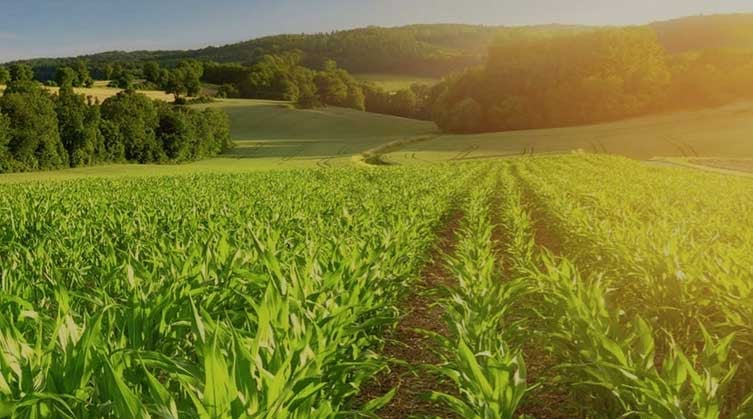Aguia Resources Limited (ASX: AGR) has obtained more excellent results from agronomic tests on wheat crops using the Direct Application Naturƒal Fertiliser (DANF), Pampafos from the Três Estradas Phosphate Project (TEPP) deposit.

Agronomic tests using the DANF, Pampafos, applied to a wheat crop, were carried out on a private property located in Tupaciretã, RS, one of the most productive regions in the state of Rio Grande do Sul (RS).
The company said the good performance of natural phosphate sources on wheat crops in RS is very relevant as the State has approximately 736,000 hectares of wheat fields cultivated annually.
Although all of the company’s previous testing has come close to that of chemical fertilisers, this is the first agronomical test where the productivity of all treatments with Pampafos has exceeded that of the chemical fertilisers, in this case, Triple Superphosphate (TSP).
In previous tests on corn and rice crops, the productivity using Pampafos also returned excellent results. This is critical as rice, wheat and corn are the three most consumed grains worldwide.
Highlights:
- The application of Aguia’s branded natural phosphate fertiliser product, Pampafos, to wheat crops, returned very good productivity levels.
- Wheat productivity results using Pampafos in a dosage of 50 kg/ha of P2O5 and 200 kg/ha of P2O5 surpassed the productivity achieved using conventional Triple Superphosphate (TSP’) in a dosage of 92 kg/ha of P2O5.
- Productivity results demonstrate the high potential for the application of Pampafos in wheat fields with the potential to replace conventional and chemically processed phosphate fertilisers.
- Aguia’s natural phosphate fertiliser products, Pampafos and Lavrato have now been tested on the following Brazilian crops; soybean, rice, corn (maize), oats and wheat, with all tests returning excellent results.
- Domestic interest in Aguia’s Direct Application Natural Phosphate continues to grow with more offtake agreements anticipated.
- Aguia is well-placed to capitalise on the growing demand for organic fertilisers as consumers increasingly embrace clean-label food items.
Managing Director, Dr Fernando Tallarico, said Aguia is experiencing growing levels of inquiry from large commercial farming operations in Brazil and other international markets that are seeking access to natural fertiliser products with Pampafos and Lavrato both highly regarded following the publishing of agronomic test results.
Further offtake agreements are expected to be secured as commercial farming operations seek to lock in long-term supply agreements.
Demand, in part, is being driven by consumers increasingly seeking out foods that have been produced by more environmentally friendly methods and with less chemicals.
This is reinforced by the increasing global demand for organic fertilisers with a recent research report which forecasts that the organic fertiliser market is expected to reach over US$22 billion in value in the next six years, up from almost US$10 billion in value in 2021.
The results of agronomic efficiency tests continue to demonstrate that the use of our sustainable and natural fertiliser, Pampafos, is highly effective,” Dr Tallarico said.
“These new results on wheat are of great importance given it is one of the most important winter crops in RS state and the region is the second largest producer of wheat in Brazil.
“Aguia is strategically located in one of the most productive agricultural belts in the world and has consecutively achieved good agronomic results on important summer crops, such as soybean and rice, as well as on winter crops such as wheat, oat and ryegrass.
“We look forward to announcing further results with the ongoing agronomic testing programme with our DANF products from the TEPP. With growing demand for natural fertilisers and increasing interest from large domestic farms seeking long-term offtake agreements, we are ideally positioned with a product that will be highly sought after once we are in production.”




